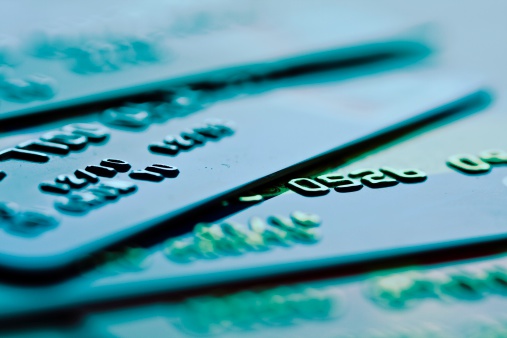Companies and Brands
Fees for Prepaid Cards Vary Widely -- and Wildly
Published:
Last Updated:

Prepaid debit cards are attractive to consumers who cannot get or do not want either a checking account or a credit/debit card. The cards also appeal to parents who want either to teach their kids financial responsibility or to limit how much their college student offspring spend.
Many employers, including Wal-Mart Stores Inc. (NYSE: WMT), McDonald’s Corp. (NYSE: MCD), and Home Depot Inc. (NYSE: HD), either offer or require employees to receive their pay by prepaid card or direct deposit to a bank account instead of receiving a paper check. The companies are saved the cost of issuing paper checks, a significant expense for employers with hundreds of thousands of employees. Payroll cards are reloaded at each pay period.
A survey of 31 prepaid cards conducted by Bankrate.com Inc. (NYSE: RATE) revealed wide variation in both the types of fees charged on prepaid cards and the amount of those fees. For example, some 29% of prepaid card issuers do not belong to an ATM network, which means that card holders will pay a fee of $1 to $3 to the card issuer, as well as a separate fee to the bank that owns the automated teller machine, for every cash withdrawal. A single withdrawal from the prepaid card could end up costing $5 or more.
ALSO READ: America’s Highest Paying Companies
Checking the balance on the card is not free for 39% of the cards surveyed by Bankrate.com. Fees ranged from $0.50 to $1.50 for checking a balance at any ATM. If the card issuer does belong to an ATM network, 42% of those issuers will let customers check balances for free at an in-network machine, but charge the same fee for out-of-network balance checks. More than half — 55% — of card issuers make customers pay $1 to $5.95 for a paper statement.
Then there are activation fees that run from $1.88 to $9.95 on 48% of cards. Monthly maintenance fees apply on 75% of the prepaid cards unless customers arrange for a direct deposit to the card.
Then there’s the ever-popular “overdraft protection,” wherein the card issuer covers a purchase for which the card does not have sufficient cash then charges the customer a fat fee in addition to the amount lent the next time cash is loaded on the card. The good news is that only two of the 31 cards reviewed by Bankrate.com still offer this “service.”
Among what the survey noted as “weird” fees at the margin are these:
The Consumer Financial Protection Bureau (CFPB) is currently preparing a rule that would give the agency the power to regulate prepaid cards.
ALSO READ: Is Legalized Marijuana Coming to 3 More States?
Thank you for reading! Have some feedback for us?
Contact the 24/7 Wall St. editorial team.